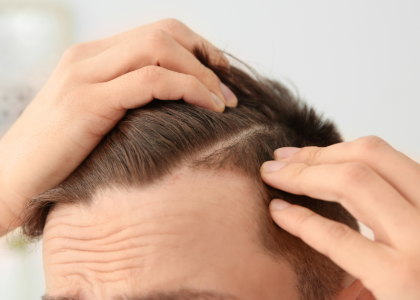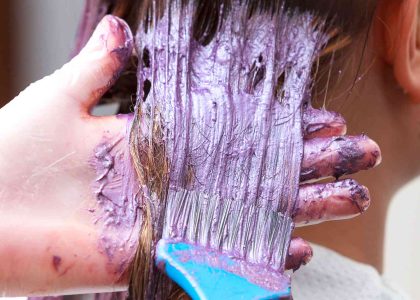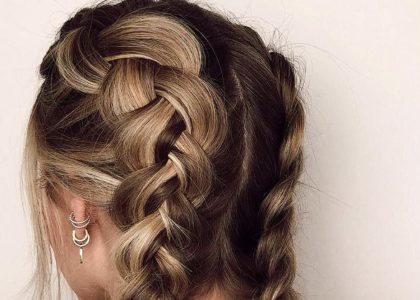Chemo Hair Loss: Understanding, Preventing, and Coping
Chemotherapy is a powerful weapon in the fight against cancer. However, this lifesaving treatment can come with unpleasant side effects, one of the most visible being hair loss. While hair loss from chemo is temporary, it can be a significant emotional stressor for many patients. This article explores chemo hair loss, offering insights into the process, potential preventative measures, and coping strategies.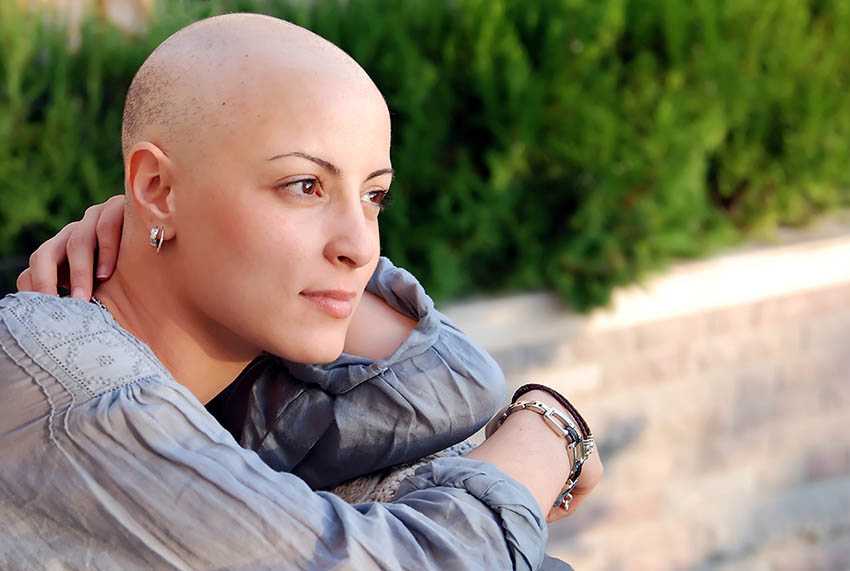
Understanding Chemo and Hair Loss
Chemotherapy drugs target rapidly dividing cells. Hair follicles are some of the fastest-growing cells in the body, making them susceptible to the effects of chemo. The drugs disrupt the natural hair growth cycle, which has three phases:
- Anagen (Growth Phase): This is the active growth phase, lasting for years. During this time, the hair follicle rapidly produces new hair cells.
- Catagen (Transition Phase): A short phase lasting a few weeks, signaling the end of active hair growth.
- Telogen (Resting Phase): The hair follicle rests for several months before the hair is shed and a new growth cycle begins.
Chemotherapy disrupts this cycle by damaging the hair follicle’s ability to produce new hair cells. This can shorten the anagen phase and push more follicles into the telogen phase, resulting in increased hair shedding and eventual baldness.
Factors Affecting Hair Loss Severity:
- Specific Chemo Drugs: Different drugs have varying effects. Some cause complete hair loss, while others may cause thinning or patchy hair loss.
- Dosage and Treatment Schedule: Higher doses and more frequent sessions generally increase the risk of hair loss.
- Individual Differences: Genetics and overall health can play a role in how much hair someone loses.
Important to Remember:
- Hair loss from chemo is temporary. Most patients experience regrowth after treatment.
- The new hair growth may differ in texture, color, or thickness.
- Talking to your doctor about your concerns and potential hair loss is crucial.
Can We Prevent Chemo Hair Loss?
While there’s no guaranteed way to completely prevent hair loss from chemo, some strategies beyond scalp cooling might offer a glimmer of hope. Here’s a deeper dive into potential preventative approaches, though it’s important to discuss these with your doctor to determine their suitability for your specific situation:
1. Dietary Modifications: Research suggests a link between certain nutrients and hair health. While not a definitive preventative measure, focusing on a balanced diet rich in specific nutrients may play a supportive role:
- Protein: Hair is primarily protein, so ensure adequate intake from lean meats, fish, eggs, beans, and lentils. Consider protein shakes or supplements if dietary intake is difficult.
- Iron: Deficiency can contribute to hair loss. Include iron-rich foods like red meat, leafy green vegetables, and fortified cereals. Discuss iron supplements with your doctor, as too much iron can be harmful.
- Omega-3 Fatty Acids: Omega-3s promote scalp health. Eat fatty fish like salmon or tuna, or consider omega-3 supplements. Consult your doctor regarding potential interactions with chemotherapy medications.
- Biotin: This B vitamin is linked to hair health. Talk to your doctor about including a biotin supplement in your regimen, but be aware that research on its effectiveness for chemo-related hair loss is ongoing.
- Antioxidants: Antioxidants may help reduce cell damage caused by chemotherapy. Include fruits and vegetables rich in antioxidants like berries, leafy greens, and tomatoes in your diet.
2. Minoxidil (Rogaine): This topical medication is commonly used to treat male pattern baldness. Limited research suggests it might be helpful for preventing hair loss from some types of chemotherapy. However, more studies are needed to confirm its efficacy and safety in this context. Discuss this option with your doctor to understand potential risks and benefits.
3. Scalp Protectants: Some studies are exploring the use of topical scalp protectants containing ingredients like vitamin E or antioxidants to potentially minimize hair loss from chemo. However, these are still in the early stages of research, and more data is needed to determine their effectiveness. Discuss this option with your doctor to stay updated on any promising developments.
Nutritional Strategies for Hair Health During Chemo
Eating a balanced diet rich in essential nutrients is crucial for overall health, including hair health. During chemotherapy, your body needs even more nutrients to cope with the side effects. Here’s what to focus on:
- Protein: Hair is primarily made of protein, so ensure adequate intake from sources like lean meats, fish, eggs, beans, and lentils.
- Iron: Iron deficiency can contribute to hair loss. Include iron-rich foods like red meat, leafy green vegetables, and fortified cereals in your diet.
- Omega-3 Fatty Acids: Omega-3s promote scalp health and hair growth. Eat fatty fish or consider omega-3 supplements.
- Vitamins and Minerals: Consult your doctor about taking a multivitamin specifically formulated for cancer patients to ensure you’re getting enough essential nutrients for hair health.
- Stay Hydrated: Drinking plenty of water keeps your scalp hydrated and promotes overall well-being.
Coping with Chemo Hair Loss: Taking Charge
Hair loss from chemotherapy can be emotionally challenging. Here are some strategies to help you cope:
- Focus on the Positive: Remember, hair loss is temporary. Focus on the fact that you’re undergoing treatment to fight cancer and improve your health.
- Explore Hair Loss Options: Wigs, scarves, and hats can help you feel confident and in control of your appearance. Talk to a stylist specializing in hair loss for wig recommendations.
- Embrace Open Communication: Talk openly with loved ones about your feelings regarding hair loss. Their support is invaluable during this time.
- Consider Joining a Support Group: Connecting with others who understand what you’re going through can be incredibly helpful. Support groups offer a safe space to share your experiences and emotions.
- Prioritize Self-Care: Taking care of yourself emotionally and physically is crucial. Engage in activities you enjoy, practice relaxation techniques, and get enough sleep.
Chemo Hair Loss: Taking Charge
Remember, you are not alone. Hair loss is a common side effect of chemotherapy, and many resources are available to support you. Here are some additional tips:
- Be Proactive with Your Doctor: Discuss your concerns about hair loss with your doctor before treatment begins. They can provide personalized advice and information about potential preventative measures like scalp cooling.
- Plan Ahead for Hair Loss: If you’re considering wearing a wig or hairpiece, start shopping beforehand so you can find one that matches your natural hair color and style. This can help you feel more prepared and confident when hair loss begins.
- Explore Hair Care Options: Ask your doctor for recommendations on hair care products suitable for sensitive scalps during chemotherapy. Look for gentle, fragrance-free shampoos and conditioners.
- Manage Expectations: Hair regrowth after chemo can take time. The new hair may also be different in texture, color, or thickness. Be patient and celebrate any new growth you experience.
- Focus on Your Inner Strength: Chemotherapy can be a challenging journey. Focus on your inner strength and resilience. Celebrate your victories, big and small, throughout your treatment.
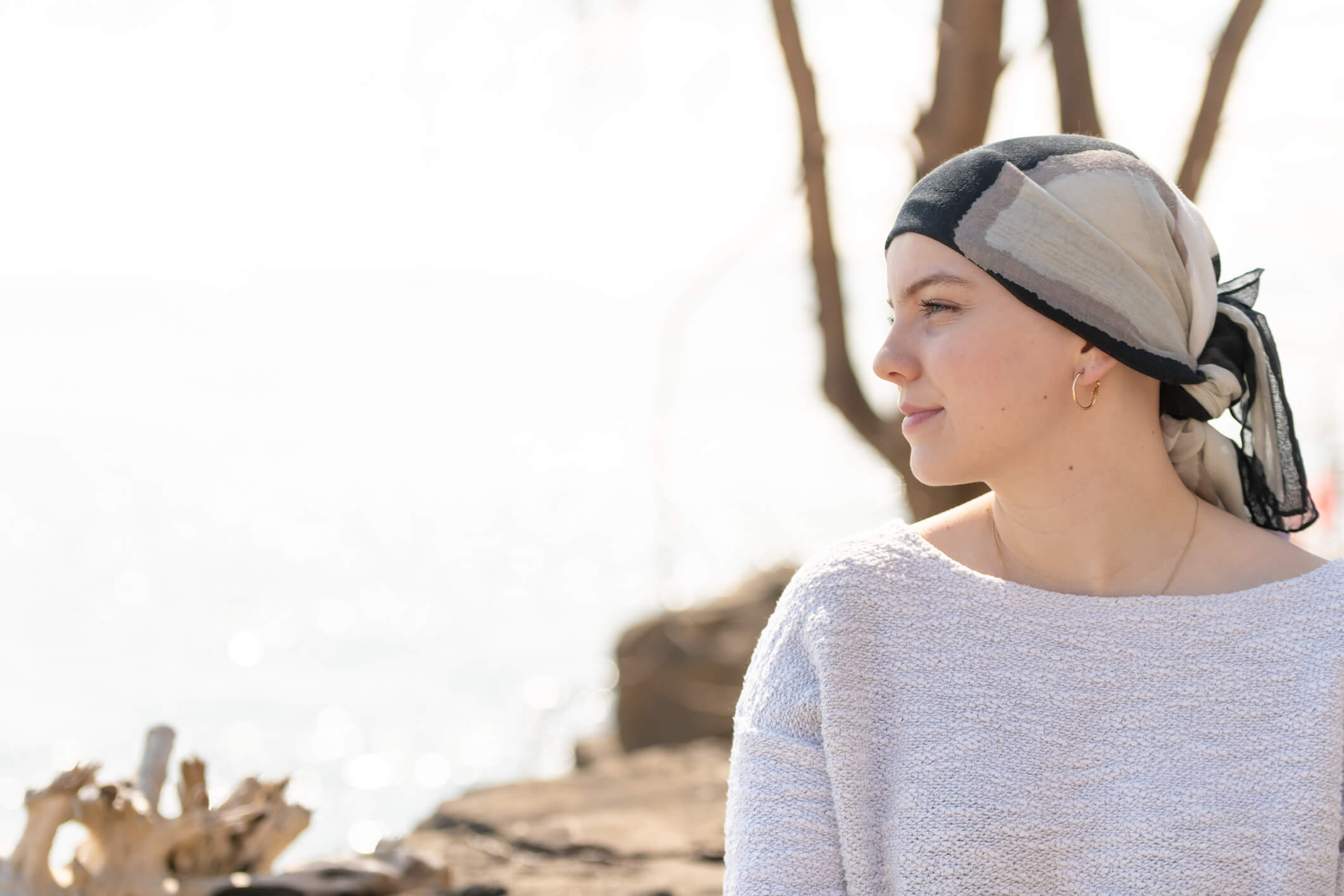
Remember: Hair loss from chemotherapy is a temporary side effect. By understanding the process, exploring preventative options, and developing coping strategies, you can take charge and navigate this challenge with confidence.


